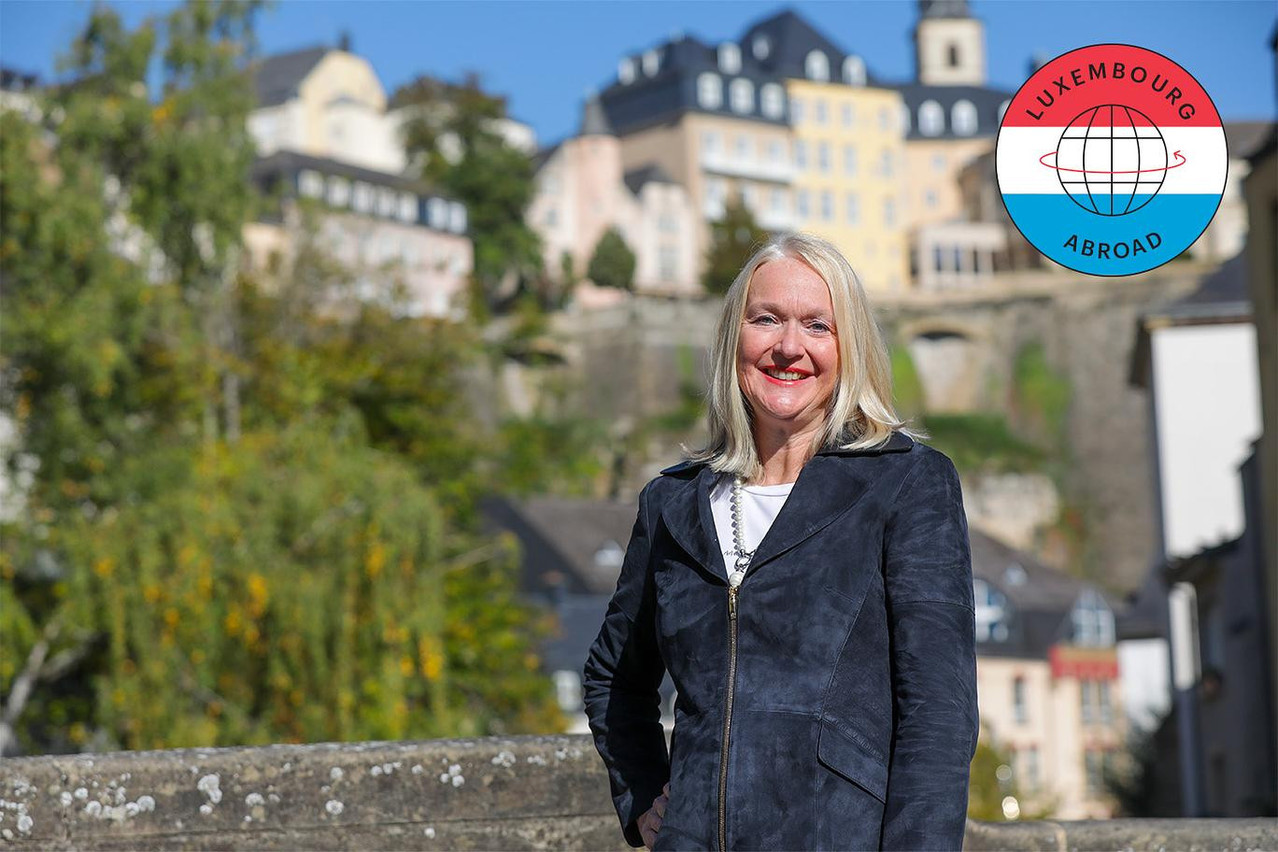Frauke Oddone says that when she arrived in New Zealand in early 2020, right after the start of the pandemic, she felt like she was “thrown into the future.”
The former KPMG head of markets and member of the senior leadership team, who was nominated for her current role in May of this year, says she hasn’t used cash in the two years she’s been in New Zealand--digital payments there are the norm--"even at a flea market you pay online.”
She sees plenty of similarities between the grand duchy and New Zealand--both are agile and diverse, entrepreneurial, with short pathways to get things done. In 2021, New Zealand was the 11th signatory of the Artemis Accords (Luxembourg was one of the on this historic agreement).
“Today, Luxembourg reaches about 2% of the total GDP with the ecosystem around the space industry,” Oddone explains. “New Zealand has been very active in expanding into that segment which opens a vast opportunity in collaborating together with Luxembourg in the future.”
New Zealand is business-friendly in other ways too. It has a high level of wifi and 5G deployment, for example. Moreover, “Out of my own experience, processes are less bureaucratic than in many countries in Europe due to a very high degree of automation of the public services (e.g., well-integrated processes for the tax return compilation) and the interfaces with and of businesses,” Oddone says. “The digital transformation has already reached a level that gives users a high-end user experience.”
Agritech leader
According to the OEC, in 2020 New Zealand globally ranked 54th in exports, with products sent mainly to China, Australia, the US, Japan and South Korea. The same year it was the world’s top exporter of concentrated milk ($5.92bn), rough wood ($2.05bn), butter ($1.89bn), casein (a protein found in milk products, $685m) and honey ($328m).
In times of scarce food supply, New Zealand will definitely play a significant role
Of course, agriculture springs to mind when people think of the country. Therefore, it should come as no surprise that “New Zealand is a global market leader in agritech, highly automated and satellite-supported processes,” attests Oddone.
“In times of scarce food supply, New Zealand will definitely play a significant role in sharing their long-lasting experience which led to a very sophisticated agriculture business player in the world.”
Memorable reunions in Luxembourg, EU
Having moved to New Zealand just at the start of the pandemic, much of Oddone’s business had to be done via screens. Her visit to Luxembourg this October provided many “emotional moments” to see her ex-colleagues, friends and more in person. Oddone adds, “It was very rewarding to reconnect which led to many new, inspiring ideas.”
During her visit, she had the opportunity to meet with New Zealand’s ambassador to Belgium, Diana Reaich, as well as with the local Australian and New Zealand Chamber of Commerce Luxembourg, representatives from the finance and economy ministry, Luxembourg for Finance and the Chamber of Commerce. “The ambition is to identify new areas of interest, to lift synergies of existing relationships and to accelerate and facilitate negotiations which [were] started between both countries but [had] been kept on hold during covid,” Oddone explains, including the “completion of a double tax treaty agreement which might be seen as barrier from some market participants to enter into new business relationships.”
In June, the EU and New Zealand deepened their ties further with a free trade agreement (FTA). As Oddone puts it, “The FTA creates new business opportunities. It will cut costs through more favourable access to the respective markets and will play an important role in the Trade Recovery Strategy for New Zealand.”
Oddone believes it’s important that Luxembourg and New Zealand continue their long-standing business ties, notably in the food and beverage sector, moreover at a time when “deglobalisation and decoupling are domineering headlines due to the [current] geopolitical tensions and constraints in the supply chain.” The honorary consul adds that this is the time to strengthen further partnerships among countries which share similar values. “Friendshoring is orchestrating the new dynamics in political and economic relationships,” she says. “Partners which have not been so close in the past now become a key anchor in this rapidly changing world.”

